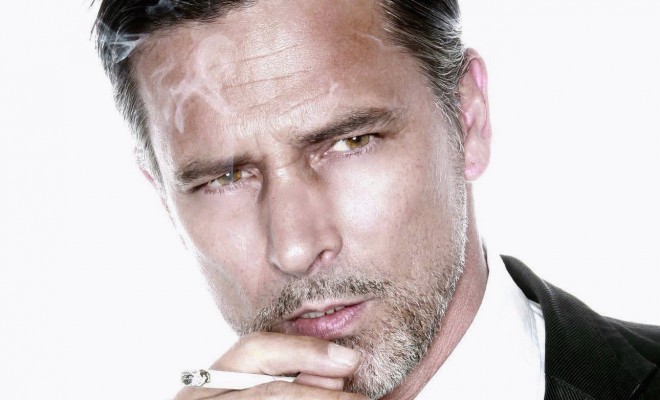
Marc Albert
Fashion & Celebrity photographer Marc Albert graduated in Advertising at the Nimeto, Netherlands.
Following a brief career as assistant-art director for Dutch advertising giant FHV/BBDO, Marc traveled the world for years as a fashion model before finally giving way to a longtime passion:
“Communicating Through Visuals”
Since 2000, he’s done an array of high-profile assignments including Harper’s Bazarr, Glamorous, Fader Japan, Brazil’s Versatile Magazine, and shot the International A-list celebrities Beyoncé Knowles, Jennifer Lopez and Avril Levigne one-on-one. He has also shot Japanese A-list celebrities B’Z (CD-jacket), Bonnie Pink, and actor Sawamura Ikki.
Most recently, Marc has been increasingly active as a director for music videos and short films through his very own production company RADIOACTIVE FILMS.
Hi, Marc, It has been really great knowing you since 2007!
I am glad that I get to interview you!
1. Born in Amsterdam, The Netherlands, you are well known for being a famous Fashion and Celebrity photographer. Tell me about your childhood life and why you decided to come to Japan to pursue this excellent career here?
We’ve definitely come a long way…
My childhood was good, growing up in Amsterdam, The Netherlands, with loving parents. As teenagers, my brother and I would often play bass and guitar respectively in my room. We always loved playing our music loud.
The neighbors were not too impressed with it, especially on Sunday afternoons.
Blessed but not satisfied, I followed my heart and traveled the world as a professional model. It has taken me carefully to the place I am now: Tokyo.
Interesting how we get there. Led by the choices we make.
One of these choices was the decision to move to Japan and become a successful photographer. It was a high-risk choice (perhaps mission-impossible ?) at the time. But as they say: no pain, no gain.
Through hard work, sharp focus and determination I was able to gain remarkable success along the way.
Feeling very blessed..
2. Can you speak a little more about your time in the Netherlands? When you left, did you know you would be gone for so long? Did you leave and not look back, or do you think you may return some day? Have you been back to the Netherlands since you moved to Japan?
I went to an art school in Holland wanting to be an art director for an ad firm. I did that for four years. Someone approached me and asked me if I wanted to be a model. I declined it and went into the army for a year and a half, which was obligatory in the Netherlands at that time. I hated it. I don’t like to follow orders! When I finished that I remembered the offer from a year and a half ago. I visited a modeling agency but they declined me!
So I started working for an advertising agency in Amsterdam. One of the models for a newspaper-ad shoot called in sick. My collegue asked if I wanted to do it. I was unsure but they said they would pay $500 for the afternoon so of course I did it.
The stylist on the job – famous in Holland – took me to a the best model agency in Amsterdam two days after the shoot. My first assignment was for Vogue – the whole issue was shot in Amsterdam. After that I spent a few years traveling the world and modeling.
In 1999 I was married to a Brazilian lady – I had always intended to move to Brazil. Even as a young boy my mother told me I had a dream to travel to Brazil. We eventually separated and that is when I decided to make a decision to go to Tokyo. I knew some photographers and models there which meant I had direct bookings and was making money. Tokyo was the perfect place to get serious about photography.
I had the time to learn the craft and invest in the equipment. Japan provided the perfect platform for me to get started.
3. How do you think your life may have differed had you stayed in Amsterdam and never pursued your dreams abroad – especially coming to Japan?
Holland is a very small country with limited resources for fashion. I’ve always had an open view – a “borderless” view of the world. If I had stayed in Amsterdam I don’t know. Since I left Amsterdam it has been an incredible journey. As a model I have been able to travel to different places and even live there. I have made many friends all over the world.
I have no regrets!! I’ve made some bad decisions along the way but it all adds to the next chapter. I never look back.
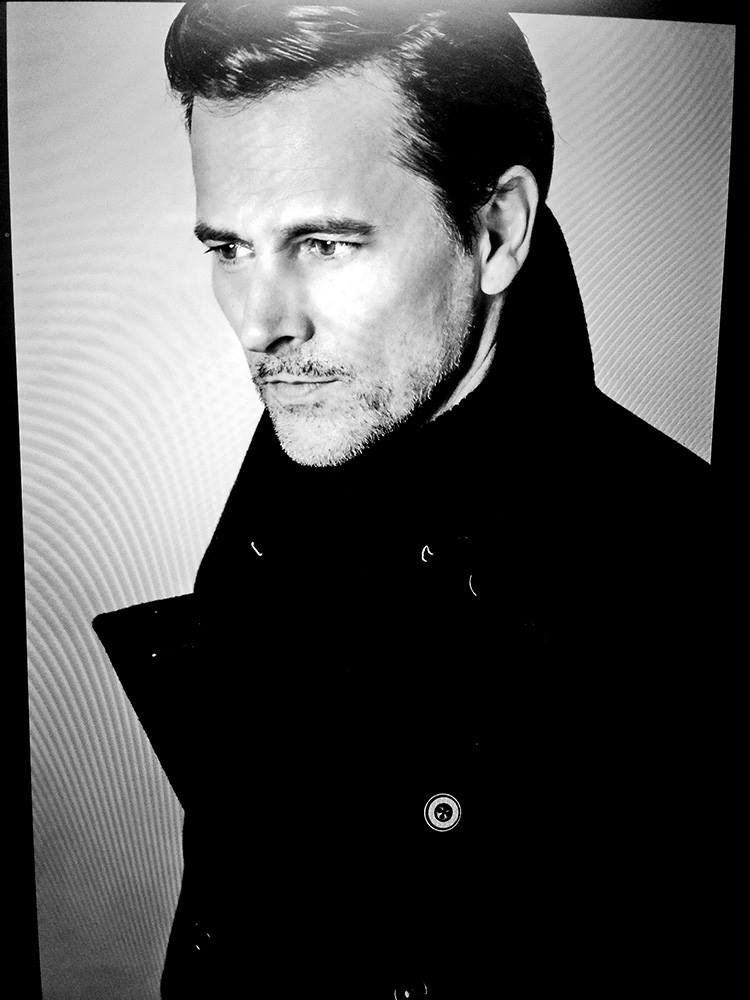 4. When did you start taking photos professionally ?
4. When did you start taking photos professionally ?
I started taking photography seriously in 2000, when I decided to settle down in Tokyo. Simply put, I needed two things. (1) Time (learning the craft) and (2) Money (to buy top-notch pro-equipment).
At that time many modeling clients would book me direct (without an audition) as they all knew me well, therefore securing my funds.
And not having to go on auditions freed up a huge amount of time for me to learn photography.
I have worked with many photographers as a model, and witnessed many styles & ways of working.
I took the parts I like most and sculpted it into my own style.
No doubt the experience I have on “both sides of the lens” helps me directing my subjects. I know how they are feeling, and I can usually tell what stimulation they need to perform.
5. How do you get offers from celebrities such as A-list Paris Hilton, Jennifer Lopez, Avirl Lavigne, Beyoncé Knowles, Ne-Yo and others?
The celebrity assignments I booked came mainly through my photo agent.
I always enjoy shooting celebrities because of the immense pressure that comes with it. You never know what`s going to happen.
You have to be able to adjust (or even abandon) your plan at the very last minute whilst forced to improvise at very short notice.
6. If you do not mind, I would like to ask you about your band SUPERFUNKTION. I know that you have been been a singer with this band because you have worn clothing on stage sponsored by my apparel store. Why did you start being a singer and are you still planning to be a singer in your future.
My girlfriend calls it it my “midlife crisis”. I was doing really well at the time shooting celebrities etc.
I got an opportunity to do something I’ve always wanted to do since my adolescence: writing music, performing music, “breathing” music.
 With my music-partner at the time I formed a highly energetic 8-piece groove/funk band playing our own original material.
With my music-partner at the time I formed a highly energetic 8-piece groove/funk band playing our own original material.
It was pretty intense. I gave up everything in photography. It was a childhood dream and I have no regrets. It was an experience that money can`t buy.
It is an incredible experience playing live. I remember waking up in the middle of the night – waking up and singing a melody into my iPhone. Six months later I’m playing it live and nine months later hearing it on the radio.
Nowadays I do a jam-session from time to time with like minded musicians, and have written an array of songs that are ready to go.
But when? Haha. I dunno. I have set different priorities at this time.
I needed to get it out of my system. And I did! After four years we were very close to some success.
Due to artistic differences, my music partner and I decided to go our separate ways and I went back to photography.
7. You have also modeled for a variety of famous and popular magazines in Japan. You look like an actor, when did you start modeling?
Thank you Tomoko. Unfortunate for me, “looks” alone don`t make you an actor in-demand. I`ve seen myself in numerous TV-commercials and never liked my acting. Maybe deep down I think as a director, and not as an actor?
Modeling has taken me on an extraordinary global trip, one that very few people get to experience. Everything I do or think today is based upon that experience. It made me into who I am. I must say, it`s been quite a ride !
8. Where did you get the inspiration for all of your incredible jobs?
Everyday surroundings inspire me.
Situations, people, reactions, colors, lines, shadows, lights, refections. The list goes on.
It`s all right in front of us really. We just have to notice it..
9. How do you choose clothing for your models – how do you make wardrobe decisions during your fashion shoots?
I have two kinds of work – one is to make money, one is for personal satisfaction. For any project I am meticulous in details.
On commercial assignments a professional stylist usually decides what clothes the model is going to wear. I just fine-tune any detail on the spot if I think something`s not working.
For my personal projects I do make all the wardrobe decisions myself. It`s fair to say that I`m a “black -or- white” kind of person – no grey area. I either like or I don`t… I guess that`s why choosing the right clothes is pretty easy for me.
My work is always very fashionable. Style. You can say a lot with style. For example, if you are making a movie….if you have a homeless man laying on the street in Gucci it is not really believable. You rough him up a little, etc. For a business man you find an Italian suit. Personally I always want to look my best. Style is important. Working with Tomoko was amazing. We were lucky to always look cool on stage when I was performing with Superfunktion.
 10. And your photo assistants? How do people get the chance to work with you?
10. And your photo assistants? How do people get the chance to work with you?
I started directing videos about 3 years ago. I always wanted to do that. I truly believe that video will take over from photography in the years to come, and of course I need to stay ahead of the pack.
Video/Film is much more complicated than photography. You`ll need more time, more funds, more crew and more equipment to get results.
So far I have directed three music videos for three very different artists, a Fashion video, an interview with golfer Mika Miyazaki for the Festaria brand and a 7 min-long arty short-film called ‘REVERSE FORWARD’.
It`s tough for me to single out my favorite of the videos I`ve directed. They are all so different and serve their own purposes with their visuals complimenting each song.
That said, I’ve been fortunate to work closely with this legendary UK band. The film is entirely shot in Tokyo and it`s a direct homage to their Japanese fan base. The “Director`s Cut” of the video features the Peach John`s mixed American/Japanese supermodel Melody Yoko.
Music videos and celebrity photo-sessions are two completely different beasts. This might surprise you, but most celebrities don`t enjoy photo-sessions very much. It`s part of their job and sure they are professional, but in the end they are artists, not models. They’re usually more in their original environment when filming music videos. Singing, dancing…
Seemingly, they enjoy that type of experience much more.
As for me, I try to enjoy everything I do. You could say that I direct my life that way. The recipe is quite simple: create your own opportunities and love life. Put yourself where you want to be.
11. You are also the Director and Producer of three great music videos, ‘Hands Up If You Wanna Be Loved’ by Incognito, ‘Prayer’ by Bishop-XL and ‘Fr. (Francium)’ by Damiana Terry.
Those were awesome video clips. Which one is your favorite?
What is the difference between making music video`s and taking celebrity photographs ?
Do you enjoy both of them? Tell me more about this a little.
I started directing videos about 2 1/2 years ago. I always wanted to do that. I truly believe that video will take over from photography in the years to come, and of course I need to stay ahead of the pack.
Video/Film is much more complicated than photography. You`ll need more time, more funds, more crew and more equipment to get results.
So far I have directed three music videos for three very different artists, an interview with golfer Mika Miyazaki for the Festaria brand and a 7 min-long arty short-film called ‘REVERSE FORWARD’.
It`s tough for me to single out my favorite of the videos I`ve directed. They are all so different and serve their own purposes with their visuals complimenting each song.
At the moment I am very exited about the upcoming INCOGNITO music video release of course. I’ve been fortunate to work closely with this legendary UK band. The film is entirely shot in Tokyo and it`s a direct homage to their Japanese fan base. The “Director`s Cut” of the video features the Peach John`s mixed American/Japanese supermodel Melody Yoko.
The official release for this video will be very soon.. Stay tuned.
Music videos and celebrity photo-sessions are two completely different beasts. This might surprise you, but most celebrities don`t enjoy photo-sessions very much. It`s part of their job and sure they are professional, but in the end they are artists, not models. They’re usually more in their original environment when filming music videos. Singing, dancing…
Seemingly, they enjoy that type of experience much more.
As for me, I try to enjoy everything I do. You could say that I direct my life that way. The recipe is quite simple: create your own opportunities and love life. Put yourself where you want to be.
Fr. (Francium) Artist: Damiana Terry. Director: Marc Albert. from RADIOACTIVE FILMS on Vimeo.
12. Can you talk a little more about working with video?
You can see in my photographs there is a lot of movement. Eyes direct movement or there is motion in the picture. I’ve always been drawn to motion pictures. I knew when I started photography it would be a stepping stone to film. Recently, over the past few years there is a trend – Youtube etc. Ten years from now print and still photos will be 85% obsolete I believe. Video will take over in a similar way digital took over. There will be LCD screens where there were posters.
The main reason for this shift is that video-equipment is much more affordable nowadays. I use 5D Mark II and a 2.5 K Blackmagic Design as my movie camera`s. These are $2000-3000 camera bodies with a $2500 lens. It used to be you’d need $40,000-50,000 worth of camera equipment to shoot motion pictures. Everything is much more affordable now. It used to be reserved for big companies with big budgets. Now video is accessible to smaller clients. Four years ago I got back into photography after leaving my band Superunktion. That’s when I got into film. I’m autodidactic – self taught in film and photo. You can’t “fake” things like in photography. It’s 1/125th of a second (photography) vs. a 10 second scene in video.
In film you have to be more accurate. Camera movement, choreography, timing, exposures etc.
I love challenges. This is the challenge for the past four years. I’m almost doing more film now than photography. I’ve done various aspects in film making like Director, Producer, Grip, Editor, Colorist, and so on. For a Director it is important to have a bit of knowledge of all aspects of film making. That way you can direct everyone on the team. In photography it is just me and my assistant. In photography I think I have reached a plateau…I can shoot it all – relax and say “smooth sailing”. But I like to push myself.
13. What film projects are you currently working on?
I’ve shot some short films, music videos – I did the video for the band called Incognito – an acid band from London. I’ve been a fan for 20 years. Also shot some commercial promotional videos. This year I worked on an American indie feature film shot half in SF, half in Tokyo and some scenes in Myanmar.
It is being edited in LA right now. I’ve been working on the project since February. The project is basically a film about an American street performer who gets recognition in Tokyo. A documentarian is following the performer to see how he ended up in Japan.
We are hoping for a world premiere at the Toronto film festival next year. Toronto is more receptive to films of this kind than
The editing should take until March. Then we will shop it around. Its going to be one of the craziest movies you will see – definitely original. I’ve wanted to make it so badly – it is incredibly original. I’m happy to move on though, 9 months is a long time to work on any project.
14. How did you get your start when you first came to Japan? Was it hard to get to the place where you are right now?
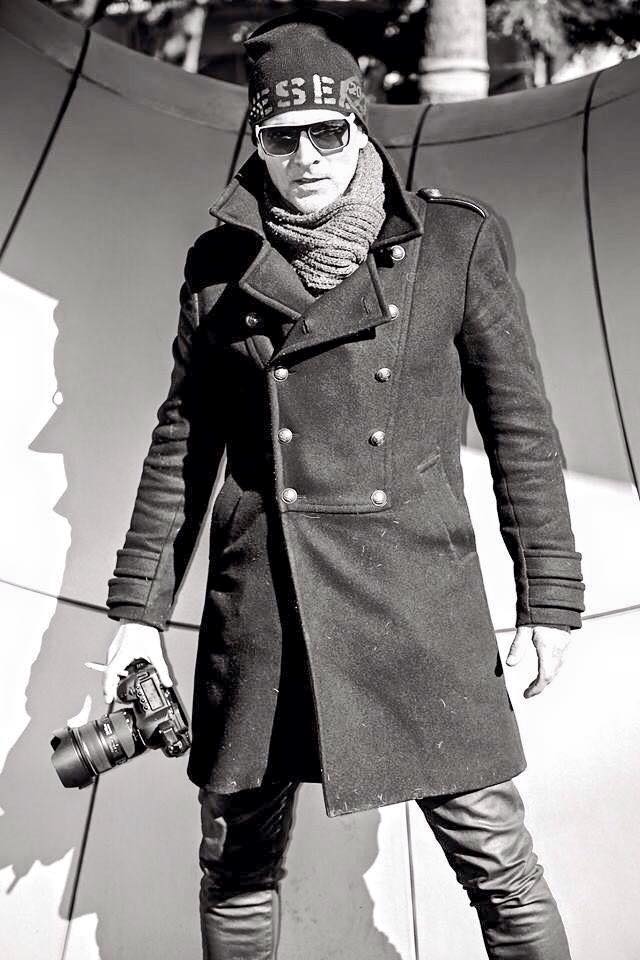 Success doesn’t come easy. You have to believe in yourself.
Success doesn’t come easy. You have to believe in yourself.
It`s a mix of hard work, practice, persistence, vision, timing (all in your control) and a tiny dose of luck.
When I came to Japan for the first time (modeling) it was relatively easy to break into the new market. With photography (and film) it`s a much slower and different process. It’s word of mouth when establishing yourself. It`s so much more “trust-based”. The client wants to be very sure that you can translate their image into a fruitful campaign. Clients will loosen up a bit after you`ve worked with them and produced the necessary results.
In Japan you also have the strong cultural differences and the language barrier. It is difficult for both parties. There are literally only a handful of successful foreign Photographers & Directors in Japan. And that really says it all. Compare it to New York, London and Paris for example where 70% of the photographers working there are foreigners, not locals.
You`ll definitely have to speak a decent amount of Japanese to be able to make it here. No different from the US, where you will have to speak English to be successful. Proper communication with clients, artists, photographers and art-directors is of utmost importance.
15. What is the big difference between working with Japanese celebrities and international celebrities?
That`s a good question. And yes, there is a difference. With the caliber of International Celebrities that I shoot (Beyonce, Jennifer Lopez, Avril Lavigne) I have to expect (and deal with) unexpected drama, mood swings, and an occasional diva attitude. You can just count on some last minute complications. It`s always a challenge !
The Japanese Celebs I have worked with, like the megaband B`Z and singer Bonnie Pink are all super professional. They don`t seem to take their personal-life “luggage” with them into the studio. They just do their job, without complicating things. I would say that is the biggest difference really.
 16. What has been your favorite assignment or pieces of work as a photographer?
16. What has been your favorite assignment or pieces of work as a photographer?
I’ve been on both sides of the camera. Having been on shoots where there is no communication I like to make people feel secure. All of my shoots are pretty memorable really.
One of the shoots I really enjoyed was Jennifer Lopez. Some unexpected things happened. There was a 20 minute lunch break in the middle of a 1 hour photo shoot. 5 different settings, wardrobe, hair,….it takes time. On average it takes 30 minutes to take one real good shot. So take 5 shots in an hour minus 20 minute lunch break, wardrobe changes, etc. That leaves 3 minutes per shot. I had maybe 3 or 4 minutes for each shot. And no chance to reshoot it.
Management from J Lo was upfront with me and told me I had to let them know what I would be using. From rug to props it all had to be pre-approved. She was the first big celebrity I worked with. The lens amplifies. Imagine me looking into the lens, seeing J Lo flirting with the camera, staring into lens – very intense.
I was the first photographer to shoot Avril Lavigne with her new hair style – she had curls and blondish hair. I was in a hotel room with 15 minutes to shoot and one hour to set up. Her agent arrived and said “no punk”. I had intended to use some hard lighting but had to change everything at the last minute. When shooting a celebrity if they say “stop” I have to stop. Even if I only have 10 shots. While my assistants were chaining the lights I had the opportunity to speak to Avril. I managed to put her at ease and relax. After everything was set up I managed to get 60 shots rather than the 10 I might have normally. Having the five minutes to speak to her made all the difference. Things always change last minute. Its like walking on eggshells.
17. What is the difference between a Japanese vs. Western audience?
People book me because I have a different vision. I work with an independent film production company here in Tokyo, since the beginning of this year. One of the producers was talking to me about the difference between Japanese films or clips and western ones. The Japanese like more static shots with less hand held shooting – somewhat predictable. The difference for me and part of my success is that my vision is completely different. The Japanese still are very locally minded. They always say “This is Japan”. I think globally – I have a global mind. I want people to like what I do everywhere. Its not specifically for the Japanese market.
18. Are you planning to stay in Japan rest of your life?
Haha, it`s impossible to answer that question. Life takes me where ever it takes me. No matter how much you plan, tomorrow could bring very unexpected changes.. But, that`s precisely what keeps it so real and exiting!
19. What do you love about Japan?
I’ve developed a love relationship with Japan. When I ran out of money whilst modeling I’d call up my agency here and two months later I’d walk away with $20,000.
The first time I came to Japan was in ’87. Initially taxis wouldn’t pick you up if you weren’t Japanese. Foreigners were unique – blonde hair would draw stares. Living in Japan gives me a sense of freedom and safety. There’s a certain paranoia abroad. You have to be careful when walking the streets when visiting other countries. This is not true in Japan. You can go to a convenience store at 2 am with no concern for your safety. You can see little children going to school by themselves. This is unheard of elsewhere.
What is the perfect place? It doesn’t exist. Every place has good things and bad things. I look for the place that has more good things than bad.
I must say, Japan has always saved my butt.
20. What is your goal, and what do you want to become?
My goal is not a professional, but rather a personal one:
I constantly strive to be a better person. Being nice to people. Bringing a moment of joy into peoples day. It gives me enormous satisfaction to know I just made somebody happy, even if it was for a spilt second. As humans we have many social boundaries. I feel they are there to be stretched wider and into the positive.
21. You also do advertising and tie-up`s for Rolex, FaderMag, Glamorous, and other magazines. I think this is wonderful as people know that you are already a famous photographer in Tokyo.
It is just amazing that you are doing tie up`s for brands like Rolex. Are you getting more offers from other countries?
Big brand names have luckily become a part of what I do.
Advertising assignments, in general, are quite difficult and extremely technical. You have to be able to understand, and work with, high level art-directors, materializing their visions and idea`s for each particular project.
And when it`s a big brand name, the stakes are naturally higher. But, like shooting celebrities, I thrive on that kind of pressure.
22. How do you make everyone look so beautiful and handsome, Marcel? Is it your techniques that draw talent from all over the world?
It`s an interesting time and age where everybody owns a “super-intelligent” pocket camera and can shoot nice, though “automatically controlled” photo`s. The pro`s strictly shoot in manual mode which gives us significantly more control over the outcome of the photo. People often mistake good photographers for magicians. We are definitely not magicians. We apply certain techniques to certain visions to obtain certain results.
The interesting thing though is that I do professionally, what everybody does almost every day of their life: taking photos and video`s. You can`t say that about most other professions like lawyers, doctors, etc.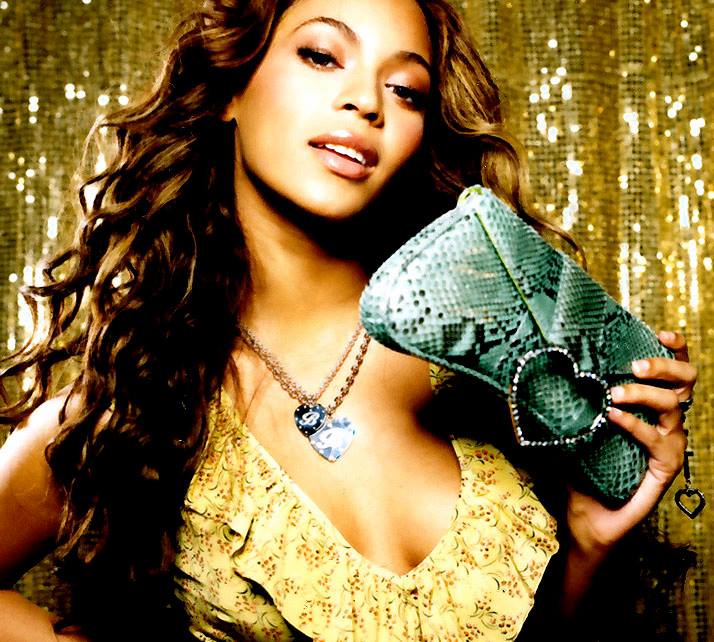
23. What made you live in Japan for such a long time, what do you like about Japan, and if you have some message to the readers, i would love to hear it.
Japan is an amazing country and needless to mention; it had a major impact on my life. The Japanese spirit of community and helping each other is unparalleled on this planet. In addition, the street-safety found here, in my opinion, is “true-freedom”, quite refreshing from the 24/7-paranoia forced upon us in the US, South America and Europe nowadays.
There you have to keep your “radar” on for potential trouble at all times outdoors. It`s sad, but true.
And last but not least, here is my message to your readers:
Remember, you can be anyone and anything you want to be.
I regularly get reactions like: “You are sooo lucky. I would love your exiting life. Mine is so boring..”
Well, as the ‘ol saying goes: if you can imagine it, you can do it!
Give it your all. Make it happen. Create your own luck.
True determination. And…..keep believing!
Official Websites:
Photography: http://www.marcalbertphoto.com
Video & Film: http://www.radioactivefilms.com
edited by Anthony Heller

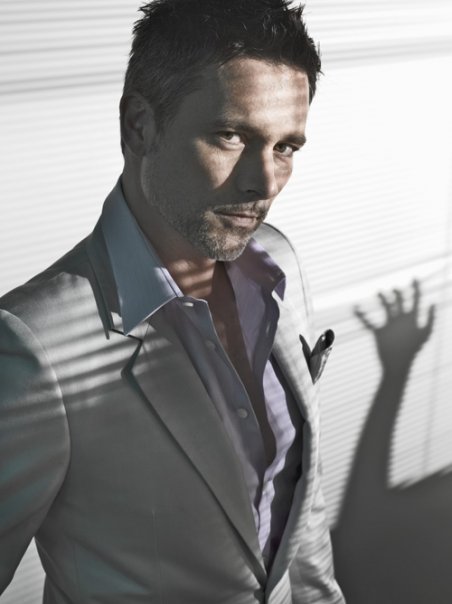
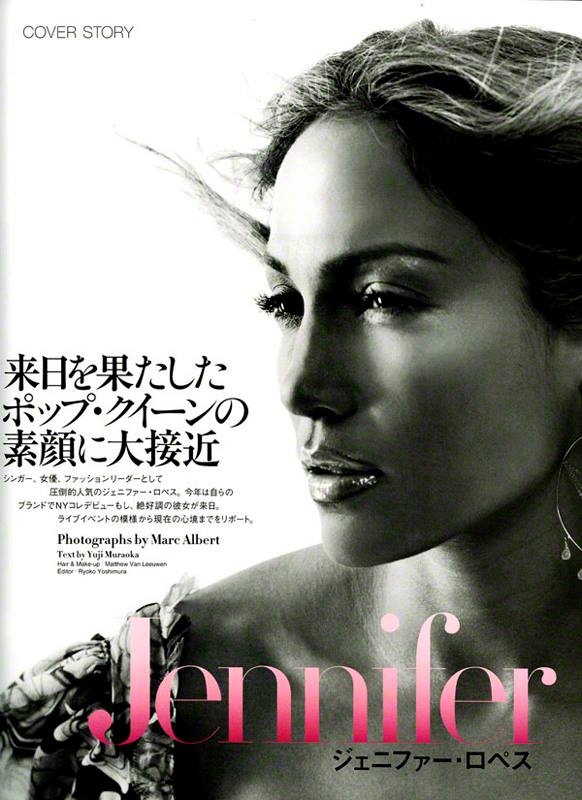
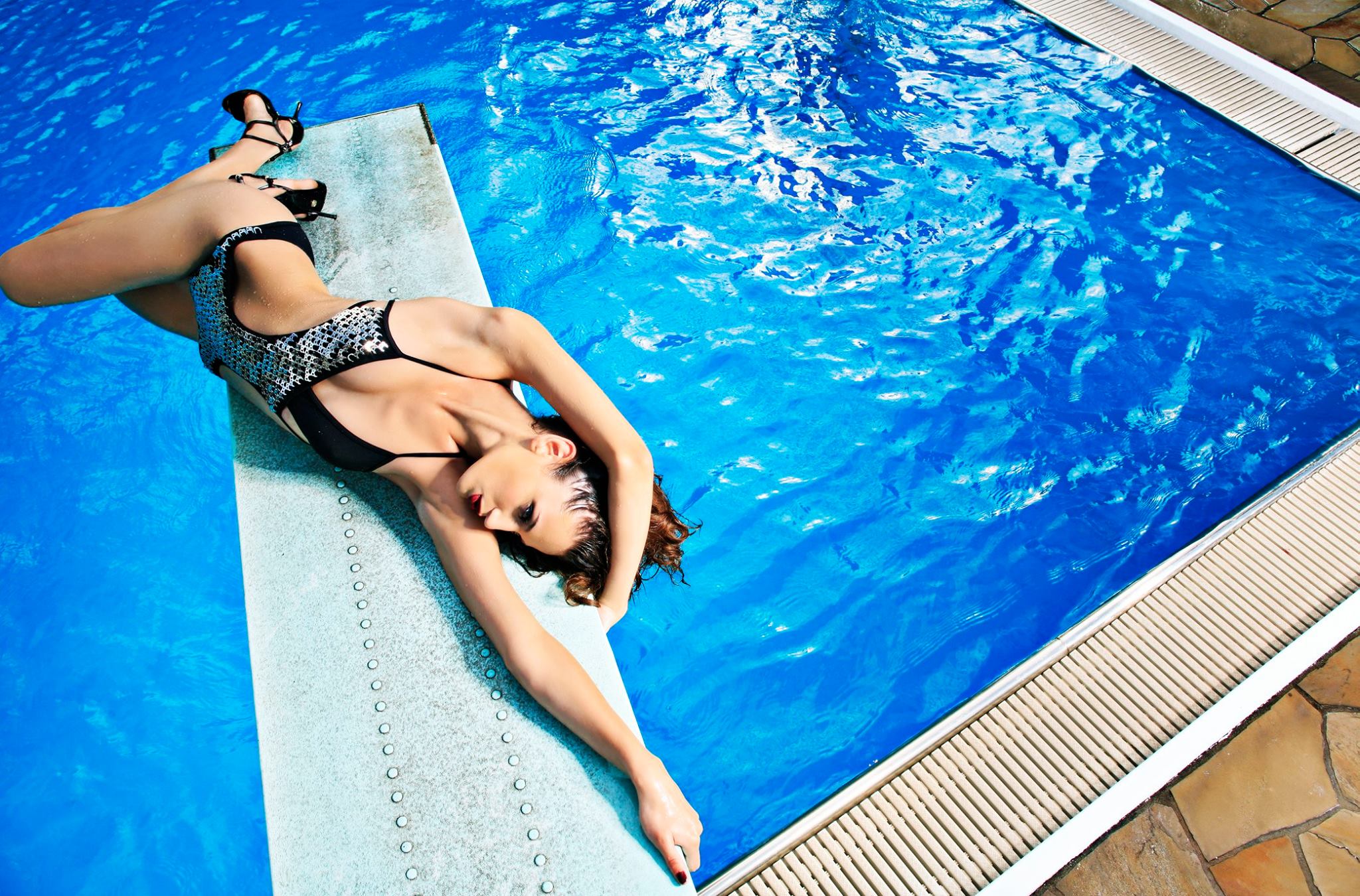

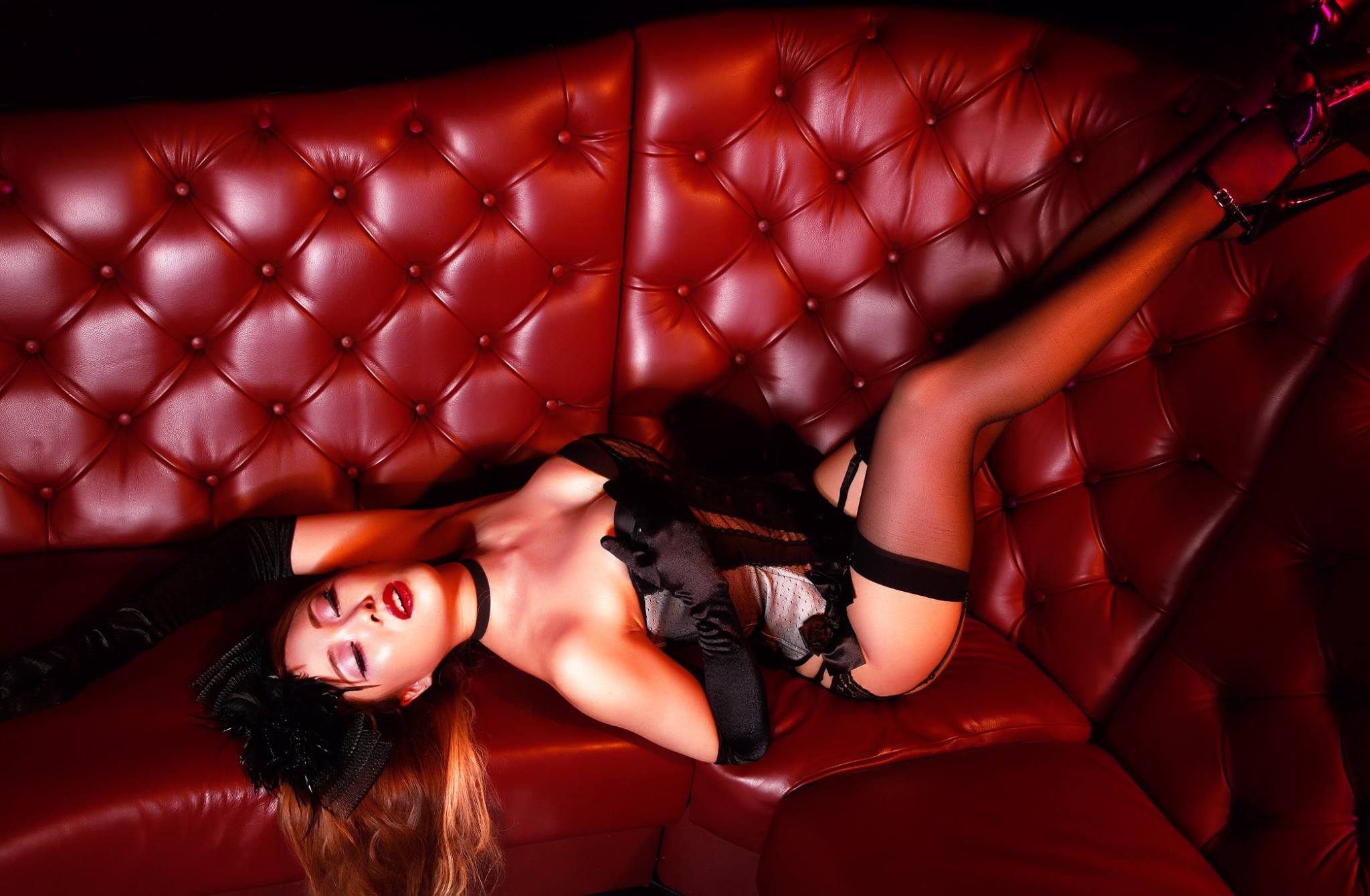

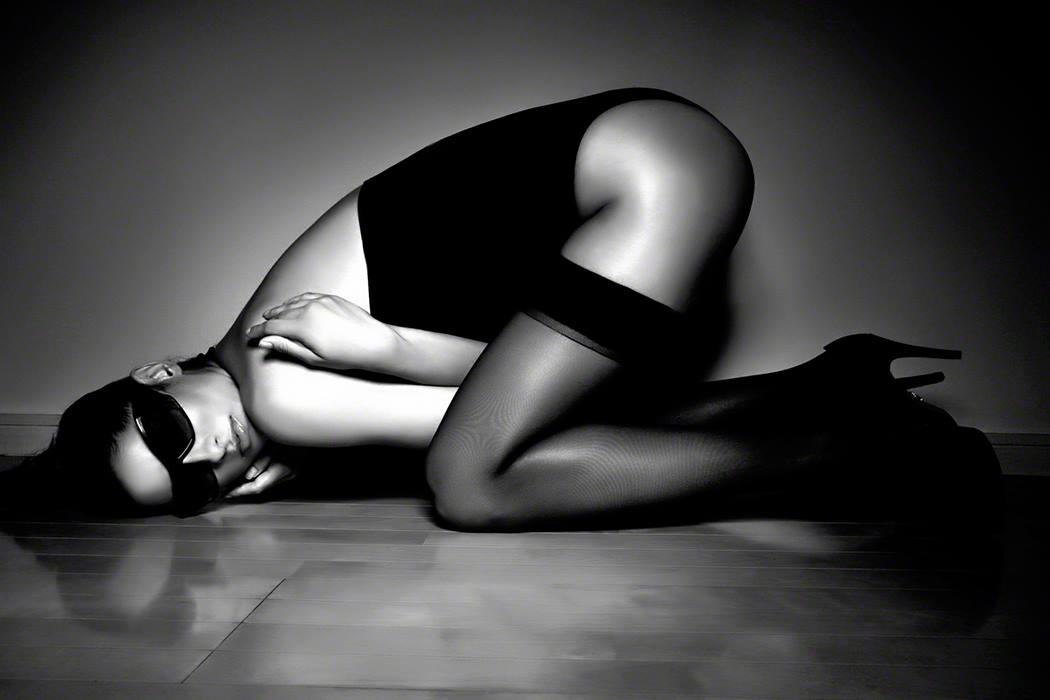




You must be logged in to post a comment Login